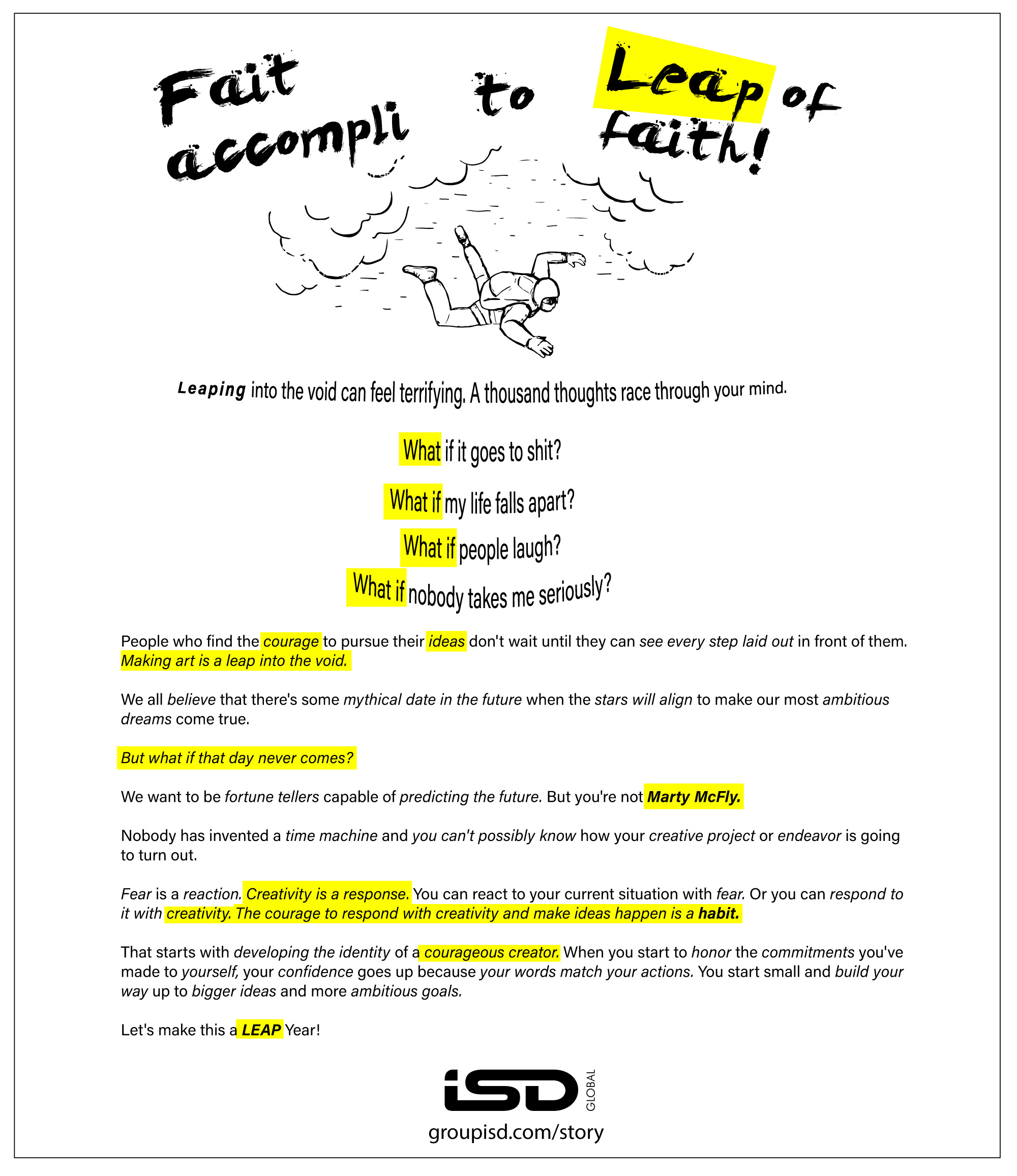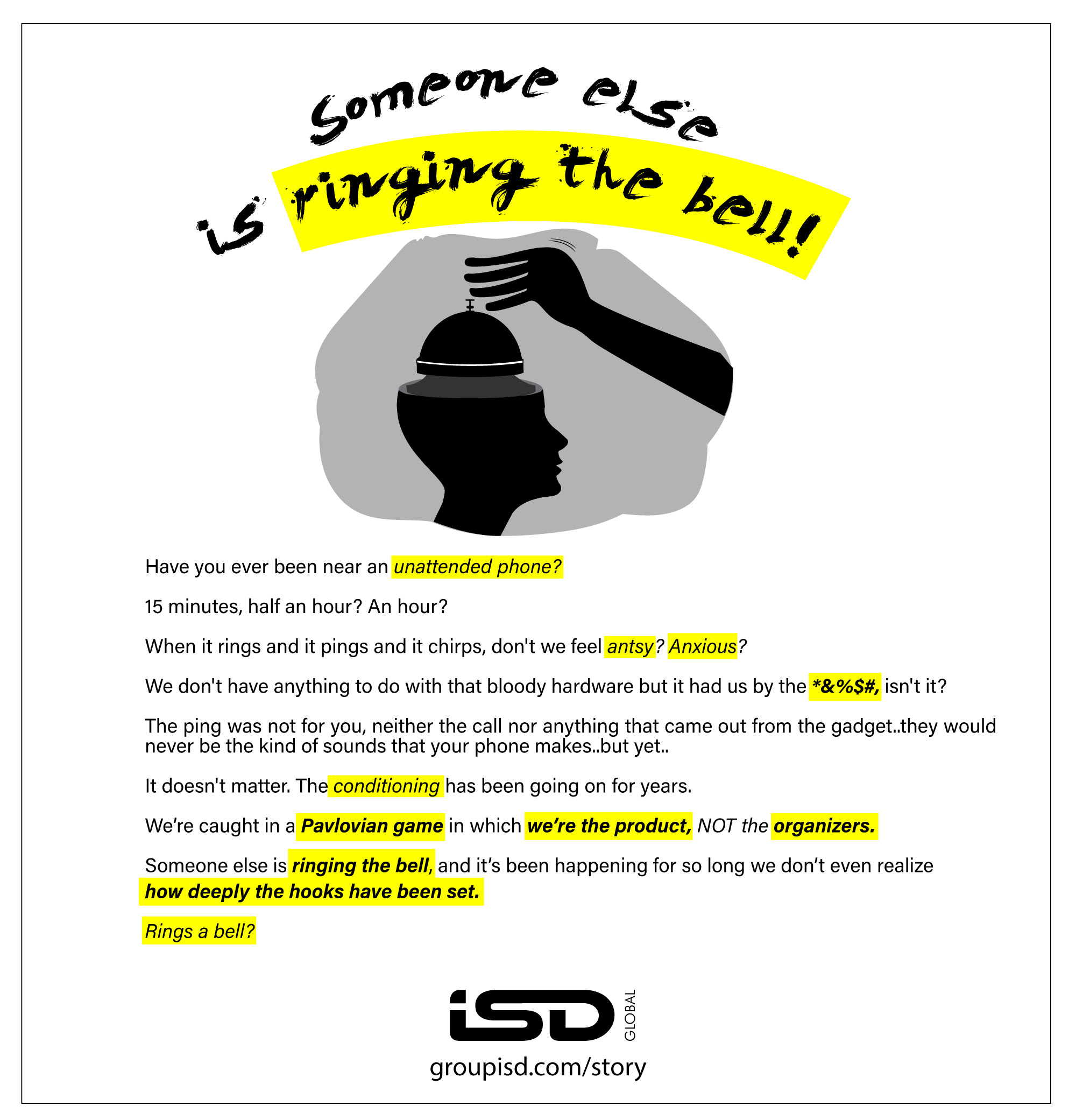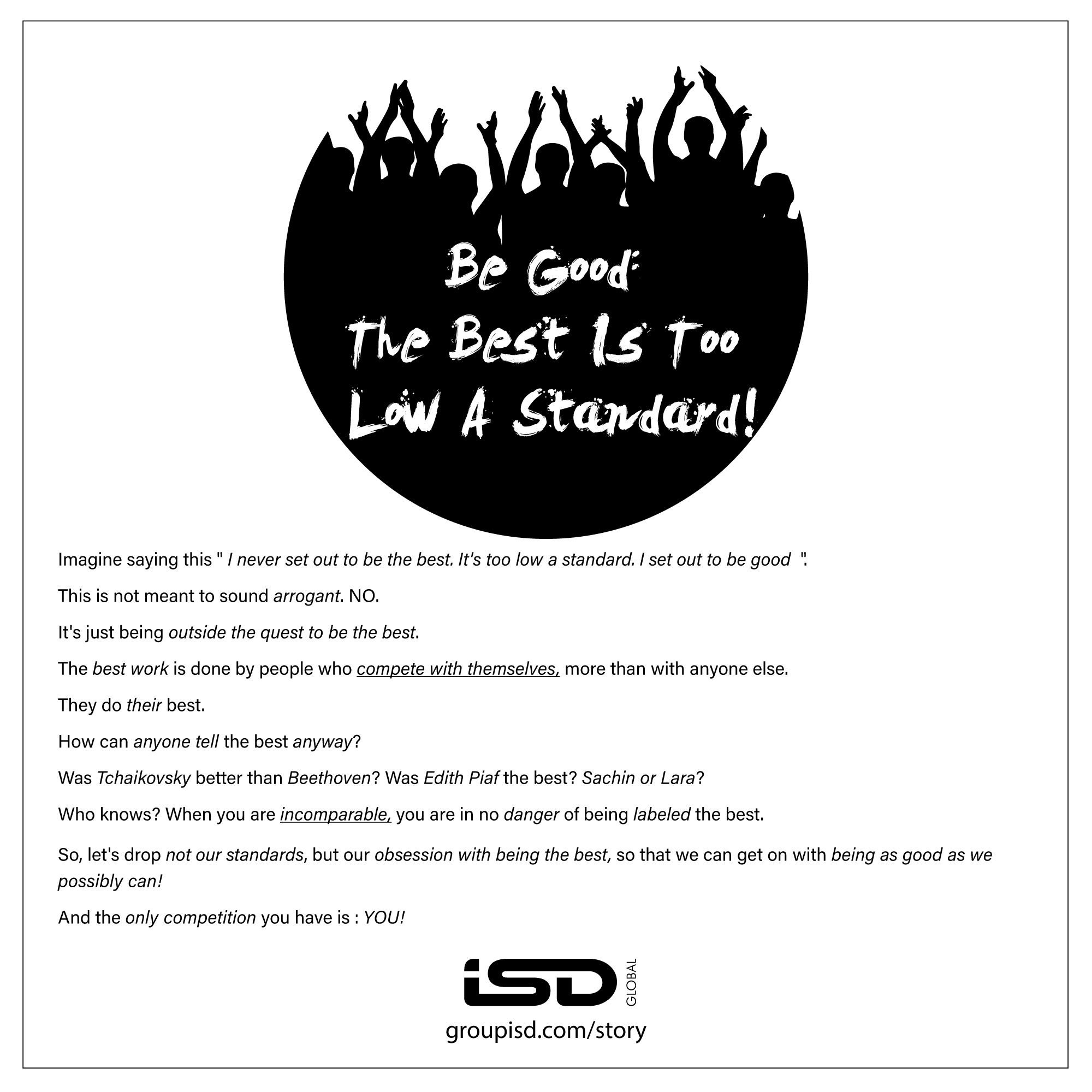This one’s for every dream that got RSVP’d “Not Happening” by the Ministry of Mediocrity.
Your dreams are like a Bollywood masala movie—full of drama, passion, and a villain who just won’t shut up. Meet the gatekeeper: that one person (or society at large) who thinks their job is to guard the gates of mediocrity like a underpaid bouncer at a shady club.
Get ready to absorb this fun fact: The word “no” is the most commonly used word by people who’ve never done anything worth a “yes.”
It took a while but I soon realized gatekeepers are basically professional dream assassins with fancy titles and terrible LinkedIn profiles.
They told Oprah Winfrey she was “too emotional” for television. They told Steve Jobs he’d never make it in the computer business without a college degree. They told Sudha Murty that engineering wasn’t for women and she should focus on “suitable” careers like teaching. And somewhere in Mumbai, they probably told Shah Rukh Khan that a middle-class boy from Delhi could never become the King of Bollywood.
Plot twist: Every single one of these gatekeepers is now either unemployed, irrelevant, or desperately trying to take credit for “discovering” the very people they rejected.
But here’s the nuclear-grade truth that’ll make your chai taste like liquid ambition: While these legends were busy proving gatekeepers wrong, millions of potential legends were busy proving gatekeepers right by giving up before the fight even began.
Welcome to the greatest tragedy of human potential – where dreams go to die not because they’re impossible, but because someone in a position of imaginary authority said “no” with enough conviction to make it stick.
You would have I’m sure met some of these gatekeepers( read self-appointed dream assassins) including but not restricted to the Be Realistic Uncle – the guy who thinks passion pays in exposure and dreams should fit neatly into an Excel sheet. The Jealous Friend – Their support has more conditions than a prenuptial agreement. The Corporate Clown– Promotes innovation but panics when you actually try something new. Society’s Rulebook – Because apparently, your life should follow a 1950s manual written by bored bureaucrats.
“No” is just “On” spelled backwards. Think about it. Slowly.
The breed of gatekeepers come in multiple flavors:-The Riskophobics – Yes- the ones who ask “What’s your fallback plan?” (As if dreams need mattresses). The Degree Dealers – “Are you even qualified to do this?”. The Has-Beens & Never-Was-es – “When I was your age…”(Yeah? And look how that turned out). The boss who thinks “moonshot” is a cocktail. The VC who wants “proof of concept” before you’ve even proofread your pitch. That teacher who said you were too ‘artistic’ for science and too ‘logical’ for art. Gatekeepers. Dream police. The self-appointed bouncers of the status quo.
They exist to remind you that your dream doesn’t fit their parking lot of possibilities.
If you’re not being doubted, denied or dismissed—you’re not dreaming loud enough.

Otto Orondaam, a young Nigerian, was told slum kids were uneducable. He ignored the memo. Today, Slum2School has educated over 100,000 children, proving that sometimes, the best way to shut up the gatekeepers is to build your own damn gate. When Gitanjali Rao, a teenager from Colorado with Indian roots, invented a device to detect lead in water, adults said, “Leave science to the grown-ups.” She went on to win TIME’s Kid of the Year. Lesson: Age is just a number, and sometimes, so is your critic’s IQ.
There are enough and more real-world inspiration going around. Narayana Murthy, before he was Godfather of Indian IT, was rejected by his future father-in-law because he had “no future.” (Imagine if he listened. Infosys would be an unfulfilled Google Doc.) Wright Brothers—Two cycle mechanics from Dayton, Ohio, told they were “unqualified dreamers” by experts in flight. Today, we eat stale peanuts at 35,000 feet because of their delusions. Masaba Gupta was told she didn’t “look like a designer.” She now has a fashion label that screams confidence, chaos, and colour—everything her doubters lacked. Kiran Mazumdar-Shaw, a woman trying to start a biotech firm in India in the 1970s. Bankers said, “You’re a woman, and biotech isn’t even a thing.” Today, Biocon is a thing. A billion-dollar one. Stan Lee, told by his publisher that superhero comics would never work. Enter Spider-Man. The rest, like Peter Parker’s love life, is complicated history. Dhirubhai Ambani was a petrol pump attendant who dreamed of building an industrial empire. Gatekeepers laughed at his ambition, questioned his methods, doubted his vision. Today, Reliance is one of India’s largest companies. The gatekeepers are still explaining to their children why they didn’t invest in his dreams.
The gatekeepers aren’t going anywhere. They’re a permanent feature of the landscape, like taxes and traffic jams. But here’s what they don’t want you to know: they only have the power you give them. Every time you water down your dream to make it “more acceptable,” you’re not being realistic – you’re being complicit in your own creative murder.
The choice is yours: Will you be the dreamer who broke through, or the cautionary tale who gave up?
Some takeaways that we might want to consider. Gatekeepers are often former dreamers who gave up. Their realism is just their regret wearing a business suit. The best revenge against a gatekeeper isn’t proving them wrong – it’s proving yourself right. Every industry, every field, every domain has its sacred cows. Your job isn’t to worship them; it’s to make better hamburgers. The phrase that’s how we’ve always done it is not an explanation – it’s an admission of intellectual bankruptcy. Collect rejections like Trophies. J.K. Rowling was rejected by 12 publishers before Harry Potter found a home. Those rejection letters aren’t failures – they’re proof you’re playing the game. Every “no” brings you closer to the “yes” that changes everything. Today J.K. Rowling is richer than the Queen of England and Harry Potter is a US$25 Billion Empire. Master The Art of Strategic Ignorance. Sometimes, not knowing something is impossible is your greatest advantage. The Wright Brothers didn’t have aeronautical engineering degrees. They had bicycle repair experience and an unshakeable belief that humans could fly.
So, pl stop asking permission to be extraordinary. The application will get lost in bureaucracy anyway.
The right way is often the well-trodden path to mediocrity.Elon Musk built rockets reading textbooks, not waiting for NASA’s permission. Dreams are the original black market currency—everyone wants them, but the authorities (read: gatekeepers) want them confiscated at customs.
Let’s face it. Dreams are the most democratic thing on the planet. You can be a chaiwala in Vadodara or a coder in Silicon Valley, and your dreams are as valid as Mukesh Ambani’s Wi-Fi password. But here’s the plot twist: the world is full of bouncers at the nightclub of ambition, ready to check your ID and tell you, “Sorry, not tonight, buddy.”

Dreams are not fragile. They are nuclear reactors—dangerous only to those who fear their own power. The next time someone tries to play customs officer with your dreams, remember: the only passport you need is your own conviction.
Dhirubhai Ambani didn’t ask permission to dream big from a petrol pump. Kalpana Chawla didn’t ask permission to reach for the stars from Karnal. A.P.J. Abdul Kalam didn’t ask permission to become a scientist from a fishing village in Rameshwaram. They just started walking toward their dreams and let the gatekeepers explain to history why they tried to stop them.

The gatekeepers are still there, by the way. They’re still telling dreamers to be realistic, practical, careful. They’re still confusing their comfort zones with wisdom, their fear with experience, their limitations with universal truths.
But here’s what they don’t want you to know: They’re optional. They always were.
Your dreams don’t need a committee’s approval. They need your commitment.
Your potential doesn’t need validation. It needs activation.
Your future doesn’t need permission. It needs you to show up.
